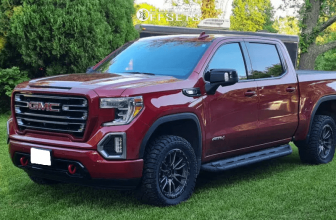If you’ve ever tried to lift a tire or even a few, you’ve probably been surprised that they’re not as light as you might think. So, how much do tires weigh?
There is no single answer to this question. A lot of things influence the weight of the tire.
For example, a passenger car tire weighs nearly 20 to 22 pounds, while a pickup or SUV tire weighs between 30 and 80 pounds.
If you want to know more about what makes for the tire weight on different vehicles, our article will provide you with all the necessary info.
Why Do Tires Weight So Much?
The main weight of tires comes from their construction. The number of layers of rubber, the number of used steel belts, the type and size of the tires, and the vehicle for which they are intended – all these factors together contribute to the final weight of the tires.
Regardless of whether it is a tire for a motorcycle or a truck, it must withstand not only the main weight (of the vehicle on which it is used) but also an additional one (people, cargo).
Tire manufacturers count all these nuances when producing tires alongside a vehicle’s curb weight (the weight of the vehicle itself) and total weight (the weight of the vehicle, people, and cargo).
Type of the tire
To a large extent, the weight of a tire is determined by its type. Tires designed for urban passenger cars will weigh much less than larger tires. For greater certainty, you can put both tires side by side to see the difference.
Size of the tire
The key point in the tire’s weight is played by its diameter. There are different aspects of tire size. The diameter affects the size, and the latter defines the number of materials, which in turn increases the weight of the tire.
Purpose of the tire
Despite the fact that all the tires have the same production pattern, the amount of rubber, tire casing, and belts vary due to circumstances tires are to meet.
For example, an off-road tire uses massive tread blocks, unlike a passenger car tire. Even if these tires are the same size, the weight of the car tire will be the smallest.
Similarly, if we compare a premium tire with a more affordable one. The manufacturer of the premium segment of tires uses high-end multi-layer rubber, while a more affordable tire will have correspondingly fewer layers. Thus, for the same size, a premium tire will be heavier than a more affordable tire.
Tire Weight On Practise
Now we know that tire weight depends on different factors. These are the type, size, and purpose of the tire, which altogether make for a final tire weight.
In the chart below, you can see different tire weights due to the vehicles to which they are applied. The weight represents only the tire itself without a rim.
| Tire type of the vehicle | Average weight |
| Passenger car | 27 lbs (12 kg) |
| Light truck & SUV | 48 lbs (22 kg) |
| ATV (all-terrain tires) | 23 lbs (10.4 kg) |
| Commercial Truck | 115 lbs (52 kg) |
| RV / Motorhome | 71 lbs (32 kg) |
| Trailer | 15.5 lbs (7 kg) |
| Lawnmower | 5.6 lbs (2.5 kg) |
| Golf cart | 10 lbs (4.5 kg) |
| Tractor | 34 lbs (15 kg) |
| Motorcycle | 30 lbs (14 kg) |
Passenger car tires
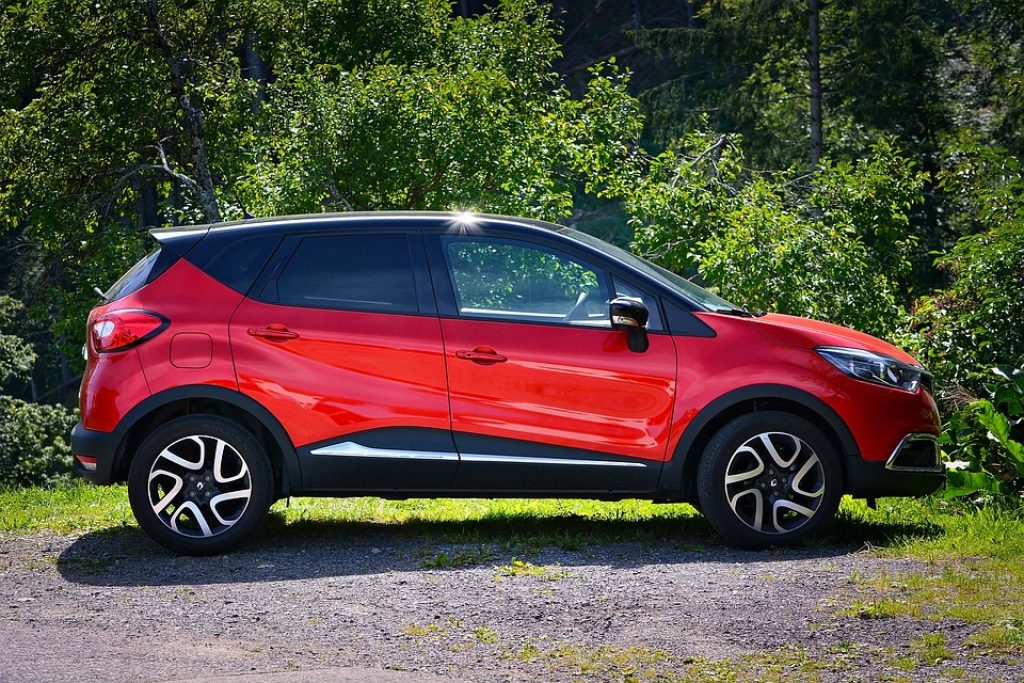
As it was previously mentioned, tire size is a key element that influences its weight. Bigger tire requires more rubber and materials, which contributes to their final weight.
Tires intended for passenger vehicles weigh between 20 to 22 pounds.
Light truck & SUV tires
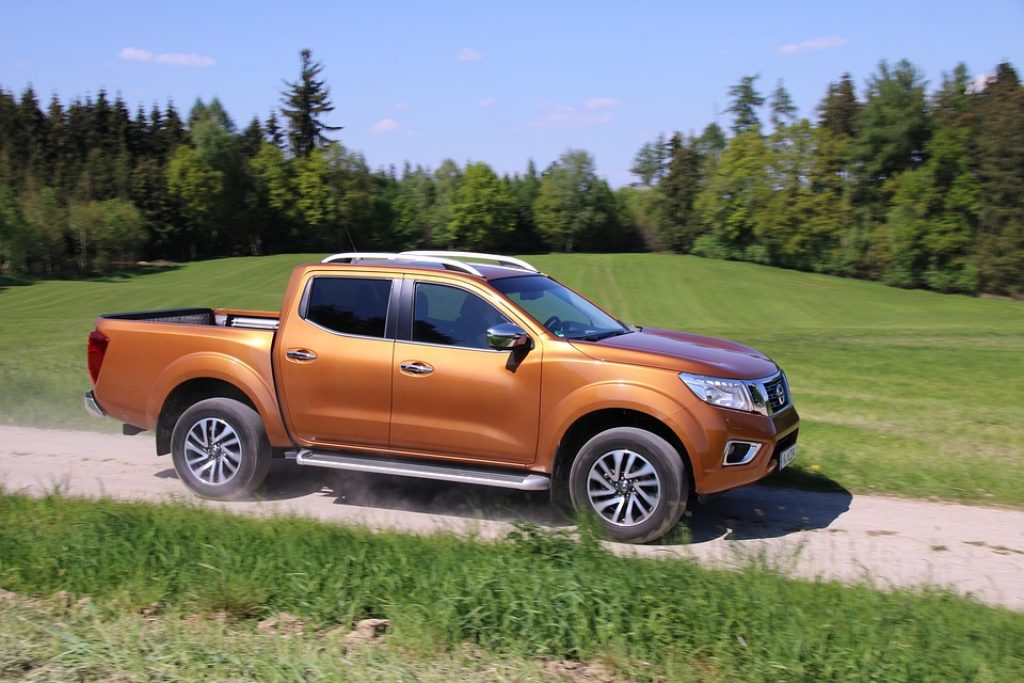
Larger vehicles like pickup trucks and SUVs require big and reliable tires. If we take a light-duty truck, it will require a tire that can be used for the transportation of light cargo and towing.
It is worth mentioning that the same tire type can be applied to similar SUVs. This type of tire can vary from 30 to 80 pounds.
ATV (All-Terrain Vehicle) tires

All-terrain vehicles require tires that can survive complicated surfaces. For this reason, their construction involves strengthened belts and thicker rubber to pass through unexpected obstacles and bumpy terrain.
The weight of the ATV tires will typically range from 20 to 40 pounds. The same kind of tires will fit on the UTV.
Commercial truck tires
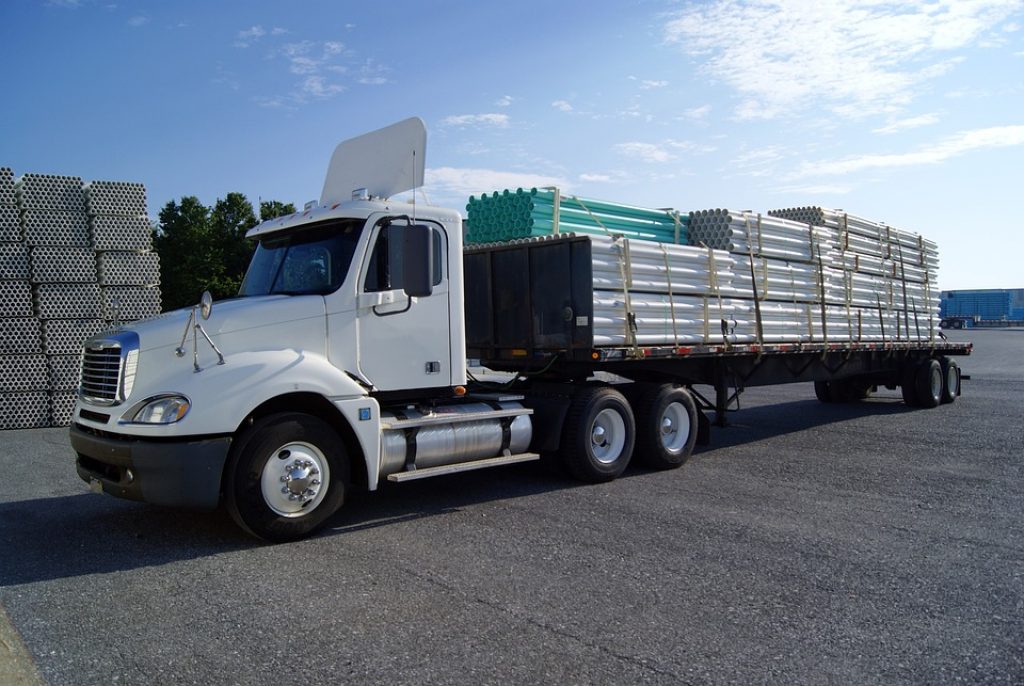
Commercial trucks weigh significantly more than light-duty pickups. Commercial vehicles carry a huge amount of cargo, requiring bigger tires than pickups. Also, such tires should be powerful enough to tow.
The weight of a commercial truck tire can be from 100 to 250 pounds. The tire can be either lighter or heavier depending on the truck’s purpose.
Trailer tires
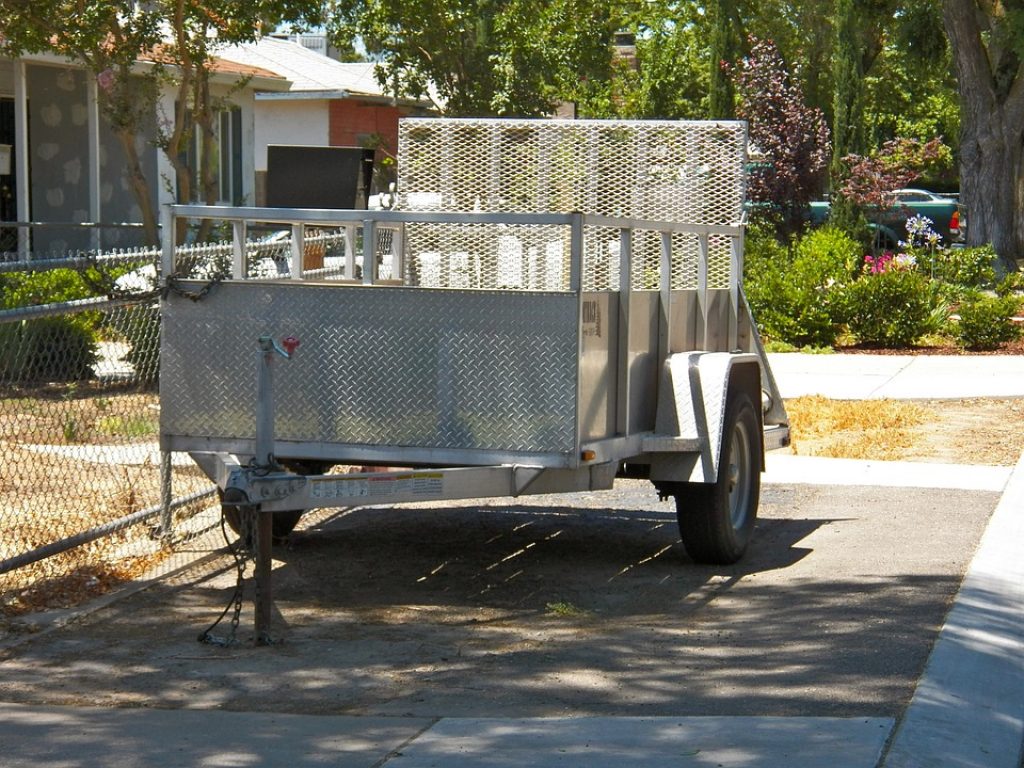
Using a trailer incorporates heavy loads, so its tires must be capable enough to uphold the cargo.
Some trailers can have more tires, depending on their type. For example, the trailer can have two axles with dual-tire hubs meaning that it can have eight tires overall.
Usually, the weight of a single tire is about 10 pounds, depending on the trailer.
Motorcycle tires
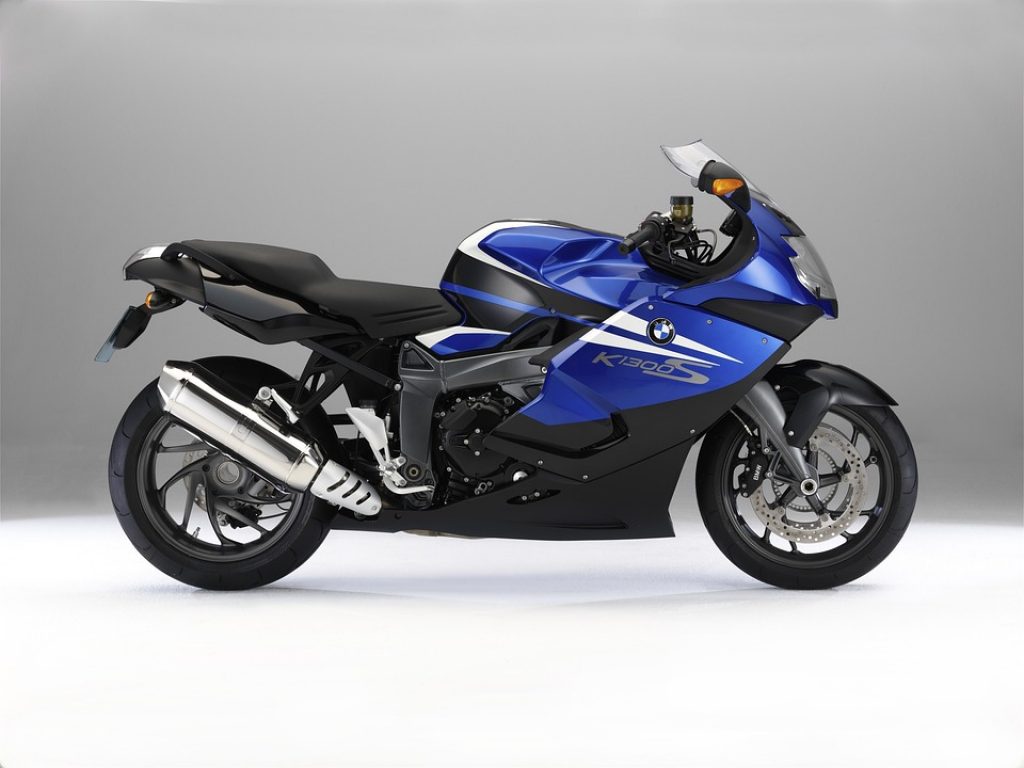
A motorcycle tire is slightly lighter than a passenger car`s tire. For motorcycles, it is essential to reduce weight by all means, so light tires are used in this case.
The weight of a motorcycle tire varies from 8 to 30 pounds. Sometimes motorcycle tires can have a different weight. That’s because, in the majority of them, front tires are lighter than rear ones.
What Tires are the Biggest and Heaviest?
The largest tires possible are applied on mining dump trucks. These vehicles carry enormous loads of cargo, requiring powerful and giant tires. As an example, we will take Caterpillar 797B. It runs 59/80R63 tires, and only a single tire can weigh 5.300 kg (11.680 lb).

To Sum Up
Tire weight can be different and depends on the vehicle you have. If you are driving a passenger car, its tires will be slightly lighter than truck or SUV tires.
The type of the tire denotes how much rubber and strengthening materials will be used in its production to withstand everyday tasks.
Most tires on the market weigh around 20 and 300 pounds on average. Special tires like the ones used on mining dump trucks weigh up to 11.680 pounds.






